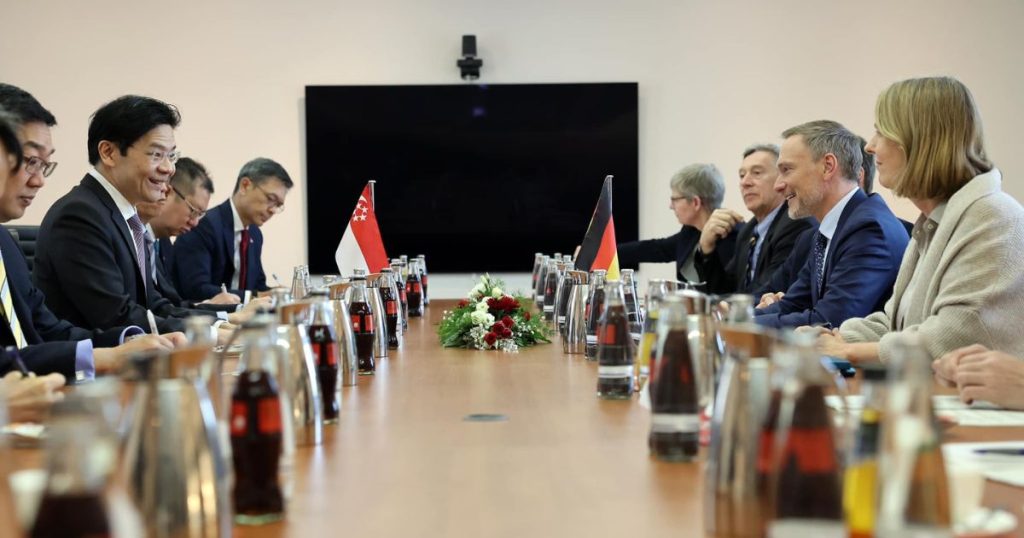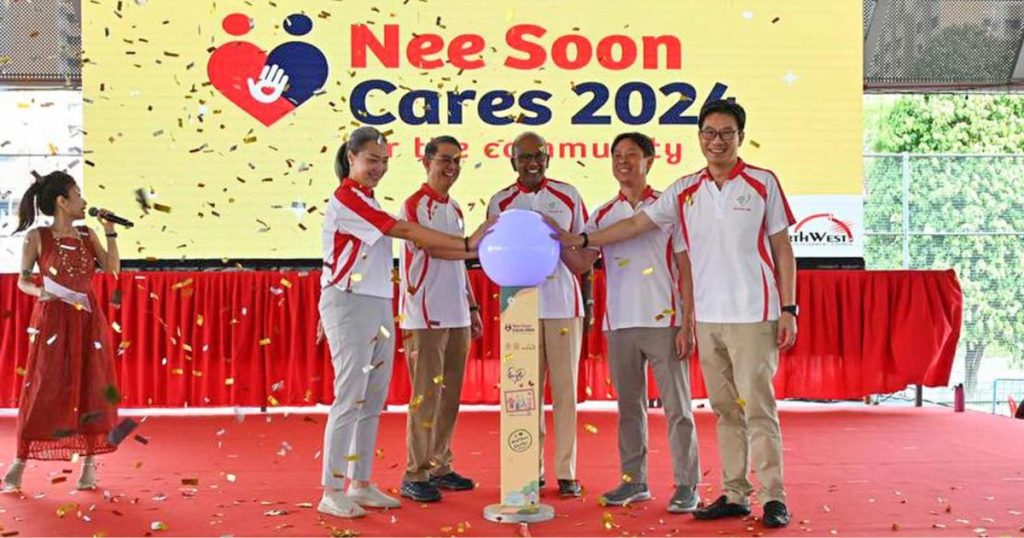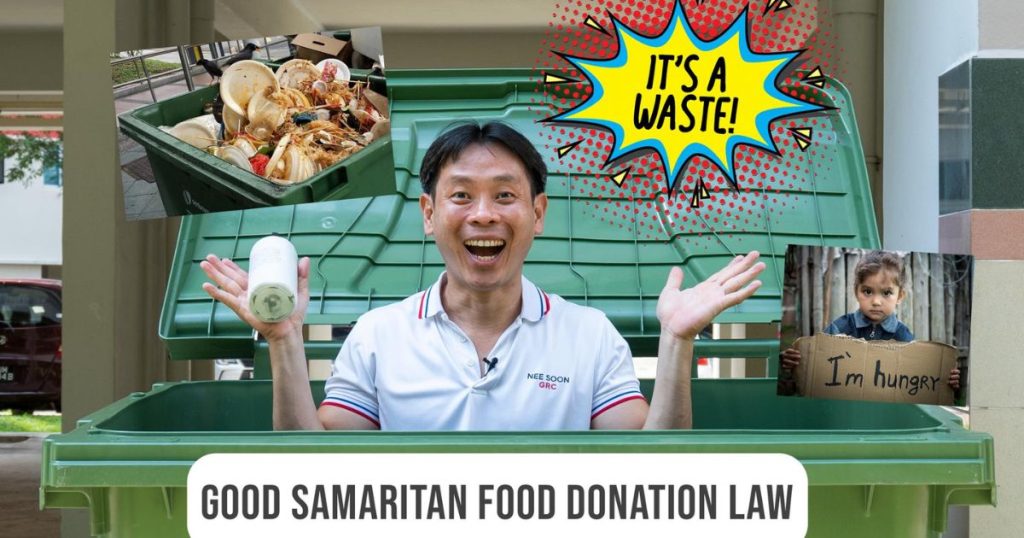At COP27, Minister for Sustainability and the Environment Grace Fu laid out an action plan for limiting global warming to 1.5 degrees Celsius: countries need to work together.
“Multilateralism, including the UNFCCC, remains crucial for a just and inclusive transition,” said Minister Fu, referencing the United Nations’s (UN) environmental treaty for addressing “dangerous human interference with the climate system”.
“Global standards and tariff-free trade are essential to scale green technology and products.”
“The world’s largest emitters should lead the transition collaboratively to support one another by building capacities,” she continued, adding that Singapore is launching a new three-year Sustainability Action Package (SAP) for building green capacity and capability among fellow developing countries.
She also shared with world leaders attending COP27 how Singapore is taking steps to keep 1.5 degrees Celsius within reach: commitment, implementation and partnerships.
Commitment makes key milestones real
Singapore’s strengthened our long-term Low-Emission Development Strategy (LEDS) to achieve net-zero emissions by 2050.
And the 2030 Nationally Determined Contribution for cutting emissions is on track to reduce Singapore’s emissions to 60 million tonnes by 2030.
These come after peaking earlier than what Singapore had previously committed to.
“Our ambitious targets are contingent on the maturity of decarbonisation technologies and effective international cooperation,” said Minister Fu.
“And depend on the continued international commitment by parties.”
How so?
“Parties must deliver real emission reductions. And demonstrate this by fulfilling their reporting obligations under the Enhanced Transparency Framework,” said the Minister.
Transparent enough that Singapore’s submitted our 204-page Fifth National Communication and Fifth Biennial Update Report for public viewing online.
Implementation for moving society collectively
And creative solutions need implementing; climate change is complex.
“Singapore’s targets are backed by concrete plans and policies,” said Minister Fu.
“We have legislated to raise our carbon tax, developed a National Hydrogen Strategy as a major decarbonisation pathway to net-zero.”
“We’re also boosting food resilience through innovative production technologies, and pushing boundaries to make our new towns more climate-resilient,” she added.
Briefly, the carbon tax will increase to S$25 per tonne in 2024 and will be between S$50 and S$80 per tonne by 2030. The 30 by 30 goal is a plan for making Singapore produce 30 per cent of our nutritional needs by 2030; a Lim Chu Kang redeveloped into a high-tech agri-food cluster is a major part of this endeavour.
And Singapore’s climate-resilient towns involve more greenery (as well as green spaces) throughout, seawalls and rock slopes protecting coasts from sea-level rise and flood barriers for underground MRT stations, among others.
Partnerships for win-win outcomes
“Lastly, we need partnerships in climate action,” said the Minister.
These partnerships are a pathway for decarbonising Southeast Asia, she notes.
In particular: regional energy resilience.
“Singapore plans to import up to four gigawatts of low-carbon electricity by 2035,” mentioned Minister Fu.
“And the pilot Laos-Thailand-Malaysia-Singapore power integration project can be a pathfinder for a low-carbon ASEAN Power Grid.”
“Nature-based solutions offer opportunities for mitigation and adaptation with win-win partnerships under Article Six of the Paris Agreement,” said Minister Fu.
So, at COP27, Singapore’s joined coalitions including the Forest and Climate Leaders Partnership, Green Shipping Challenge. Egypt’s AWARe initiative on water security and the UN’s Early Warnings for All initiative.
All these partnerships let Singapore formally combat climate change in different sectors and locations.
A green responsibility
Climate change is the great crisis of our time. Hence the Government’s measures addressing it even during troubled times.
“We are at a crossroads,” said Minister Fu.
“There is a risk that parties may focus on the many pressing issues of the day and lose sight of the war on the climate crisis.”
A long-term view, then, is needed.
Like Minister Fu concluded, “we must work together towards our agreed goals for a greener planet.”
Cover photo credit: Grace Fu Facebook.




